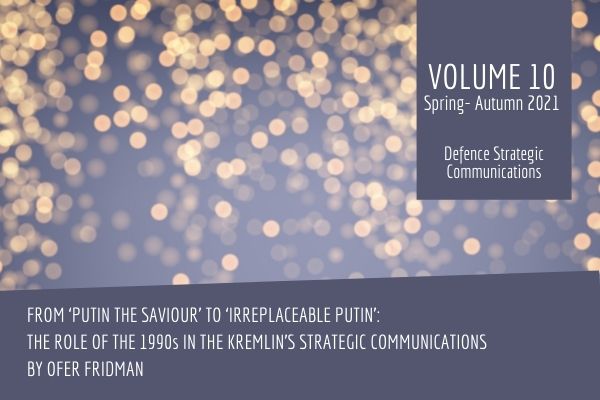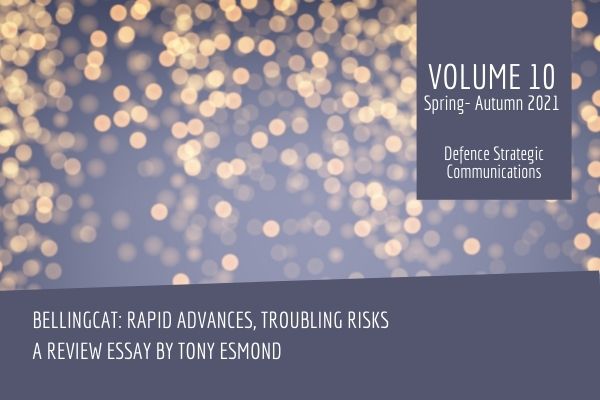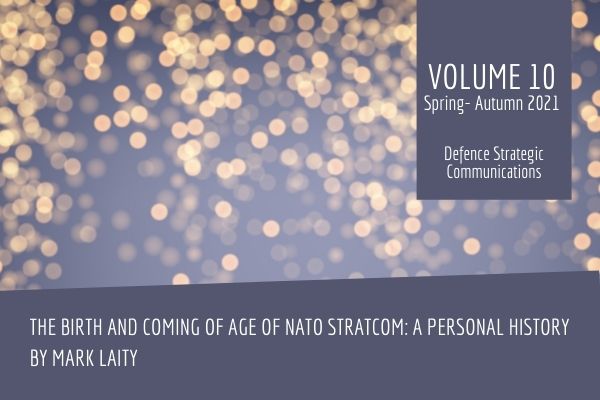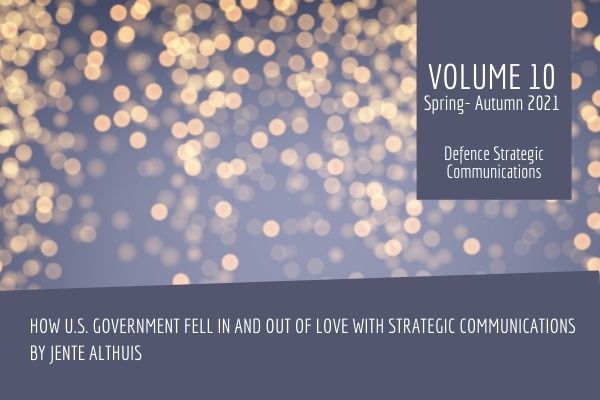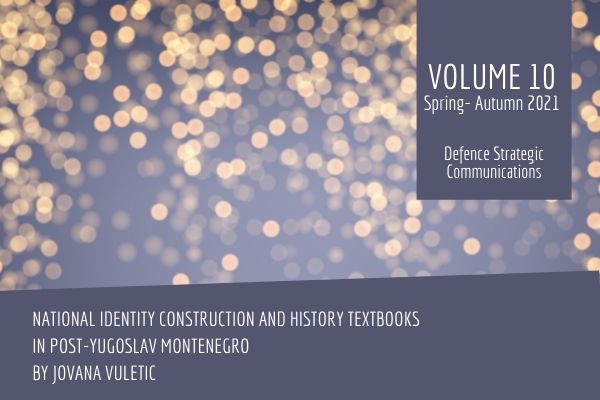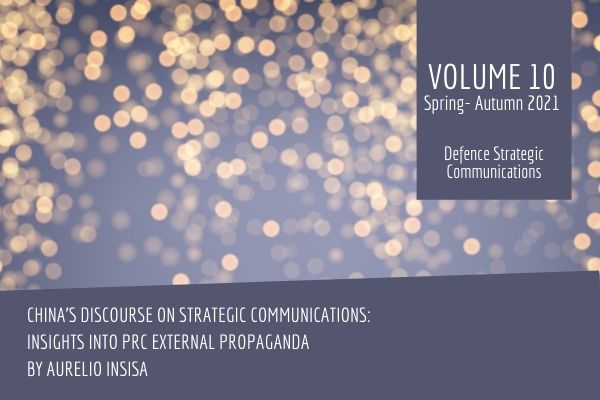ABSTRACT
The Soviet Union ceased to exist thirty years ago. However, its memory and the memory of the decade of crisis that followed its dissolution, continue to serve the Kremlin. Existing literature claims that Vladimir Putin, helped by the state-controlled media, has manipulated the memory of the Soviet Union and the trauma of the 1990s to justify his regime. This article takes a different approach. By adopting the framework of Strategic Communications, it claims that the Kremlin used the traumatic experience of the 1990s to build strategic narratives intended to justify Putin’s regime within the context of the values held by the majority of the Russian public. On the one hand, it argues that the Kremlin’s Strategic Communications are rooted in the past, either by glorifying it (nostalgia for the Soviet Union) or by vilifying it (‘the wild nineties’), because this is what resonates best with the Russian people. On the other hand, it suggests that Putin’s use of this past, combined with deep understanding of his domestic audience, allowed him to adapt and adjust his strategic narratives to the evolving situation in Russia, justifying his regime in the last two decades and legitimising its potential continuation beyond 2024.
Keywords—strategic communications, strategic communication, Kremlin, Vladimir Putin, Russia.
About the Author
Dr Ofer Fridman is Director of Operations at the King’s Centre for Strategic Communications (KCSC) and a Senior Lecturer at the Department of War Studies, King’s College London.
